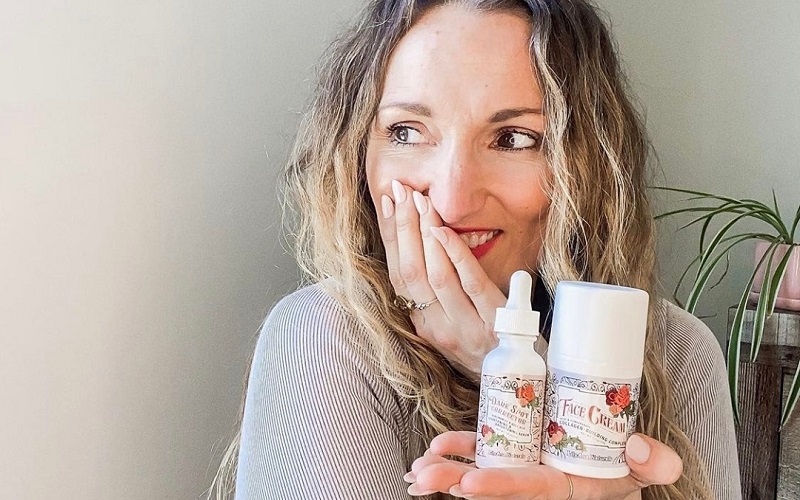Retinol has made it big in the beauty industry; it is one of the most popular skincare ingredients that rose to fame due to its endless skin benefits. While beauty influencers, dermats, and skincare enthusiasts have been raving about this beauty ingredient for a really long time, there are a few things about this ingredient that still have a question mark and need to be addressed. Known for its anti-aging benefits and a couple of other amazing things, retinol can work some serious wonders for your skin, but only if used correctly. You cannot risk going wrong with the application of this ingredient or else it will work against your skin, and that’s something you should avoid at all costs.
Using retinol the correct way can help address a lot of skin issues, including saggy skin, large pores, acne, low collagen content, dull skin, and much more. Given all the amazing things it can do for your skin, it’s no wonder this ingredient is so popular among skincare enthusiasts and dermats alike. We only told you about the good parts of retinol, but there’s so much more to this ingredient. Instead of reaching for the first retinol-based product you see on the shelf, you should pick the product based on your skin type and its needs. There are so many myths associated with retinol that need to be addressed or we should say, busted.
Retinol isn’t for everyone

Contrary to the popular myth, retinol is a suitable ingredient for all skin types. While it may be a pretty strong ingredient, it doesn’t mean people with sensitive skin cannot use it. Everyone can use this ingredient irrespective of their skin type. But in order to use this vitamin A powerhouse, it’s essential to pick the product according to your skin type and its needs. You just have to make sure that you are using the right product in the right quantity.
Your skin type doesn’t matter

While retinol is suitable for every skin type, one has to consult with their dermatologist before including this ingredient in their skincare routine, especially the ones who have sensitive skin or have a history of skin conditions like eczema. Your dermat would give you the best advice when it comes to deciding whether you should use this ingredient or avoid it. Apart from that, people with other skin types, including dry skin and oily skin, should also buy the products accordingly. While creams or serums with a low dose of retinol are ideal for people with dry skin, gel-based products with a higher dose of retinol are suitable for people with oily skin.
Retinol can be too irritating

This may or may not depend on your skin type, but the formula could also be the deciding factor. In order to find the formula that works perfectly for your skin, you may have to try a couple of formulations. Just because you didn’t notice any change in your skin after trying just one formula, it doesn’t mean retinol isn’t meant for your skin type. The wrong application of the product might also be the reason why this ingredient isn’t working for you.
Retinol leaves your skin thinner

It is a common belief that retinol leaves the skin thinner, which usually happens when the layer of dead skin is exfoliated and removed from your skin. The removal of dead skin cells may make it seem that your skin has turned thinner, but in reality, retinol is known to make your skin look thicker and more youthful by producing new collagen in your skin.
While retinol certainly is a great ingredient to watch out for, the wrong application of this product can lead to some skin woes, therefore, always consult your dermat before incorporating this ingredient in your skincare routine.



















What do you think?